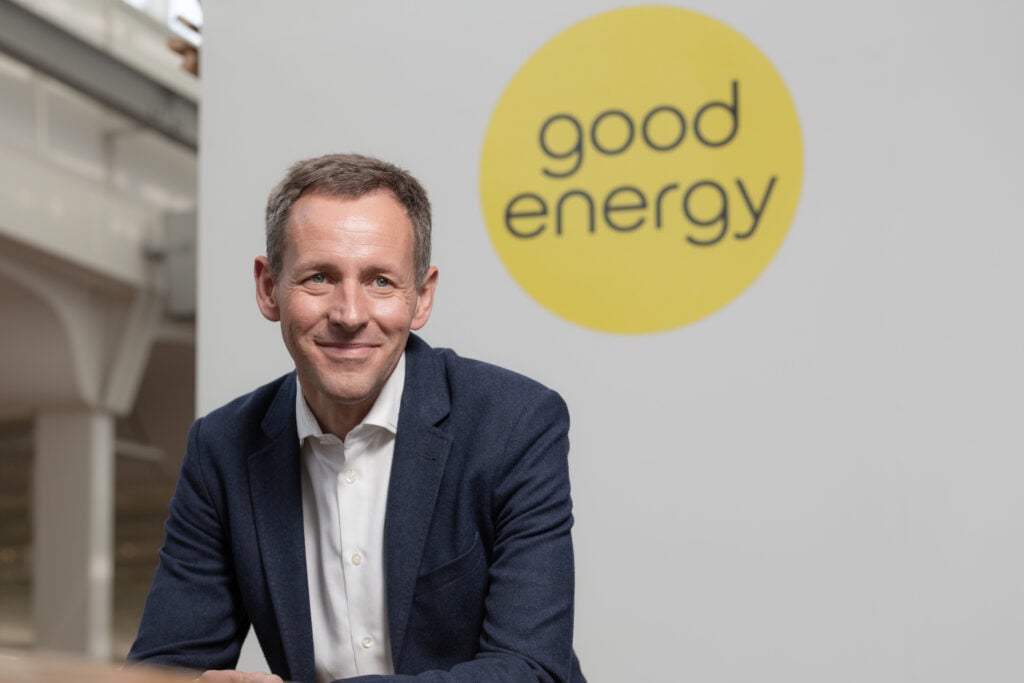Good Energy is selling its 47.5MW renewable asset portfolio as part of a shift towards mobility and energy services, including increased investment into Zap-Map.
The renewable portfolio was refinanced and restructured in April 2021 as part of a balance sheet simplification exercise, and was held on the balance sheet at a net book value of £56.8 million as of 30 June 2021.
“Our job is done as a developer and asset owner as we focus on the new frontiers – the electrification of transport and decentralised energy generation,” Nigel Pocklington, chief executive officer of Good Energy, said.
Good Energy is now intending to participate in electric vehicle (EV) chargepoint mapping firm Zap-Map’s current funding round, having already taken a 50.1% stake in the company.
The size of the funding round is expected to be £7 million, with this to allow Zap-Map to pursue its next course of commercial and development goals, including initiating steps of international expansion.
Good Energy is also currently building a new platform for its decentralised energy service business. This will enable smart export for solar customers, and the ability to pay actual as opposed to deemed rates, which the company said will provide material benefits to the business and customers.
Pocklington added: “Whilst the retail energy market continues to experience some short-term challenges, we remain positive about the future. We will largely be a debt free company, with a strong balance sheet for growth.”
Indeed, the company referenced the significant number of suppliers to have exited the market this year, with Good Energy expecting to incur unforecasted costs of up to £1 million through the Renewables Obligation and feed-in tariffs levy mutualisation processes, which redistribute unpaid costs among suppliers who have made the payments.
Mutualisation has been trigged for the past three consecutive years, with Ofgem considering regulating to better address supplier payment default under the Renewables Obligation scheme.
Good Energy is also expecting £1.5 million of additional commodity costs from a higher number of business and domestic customers than expected.
However, it said that given its exemption from the price cap, it has flexibility to change tariff pricing further where necessary.






